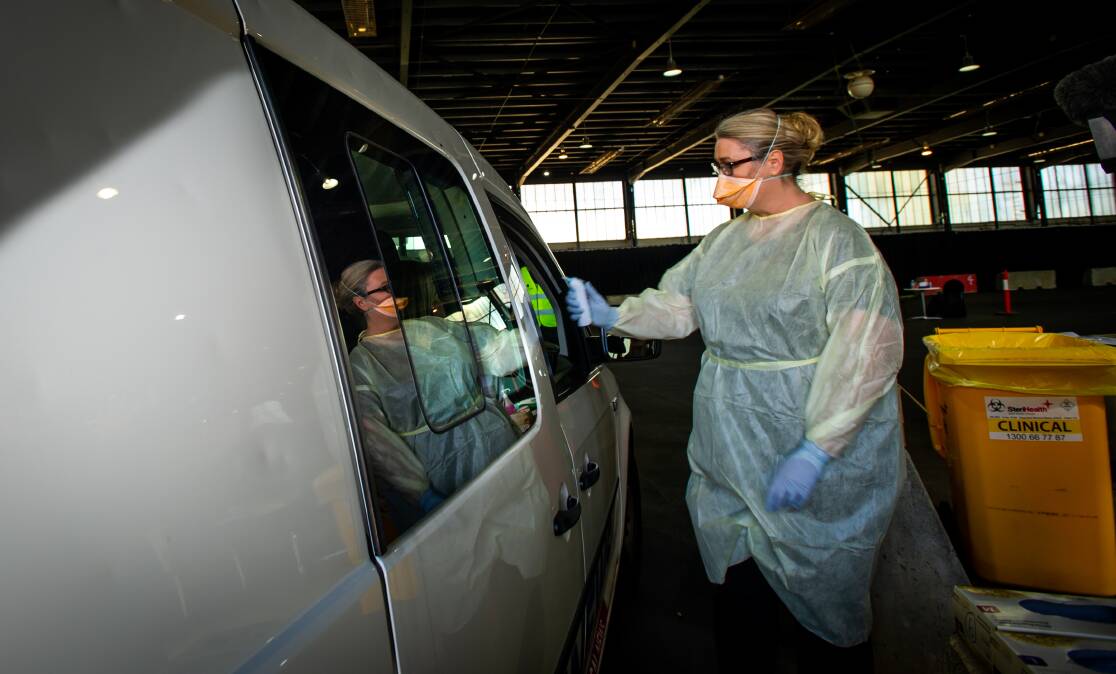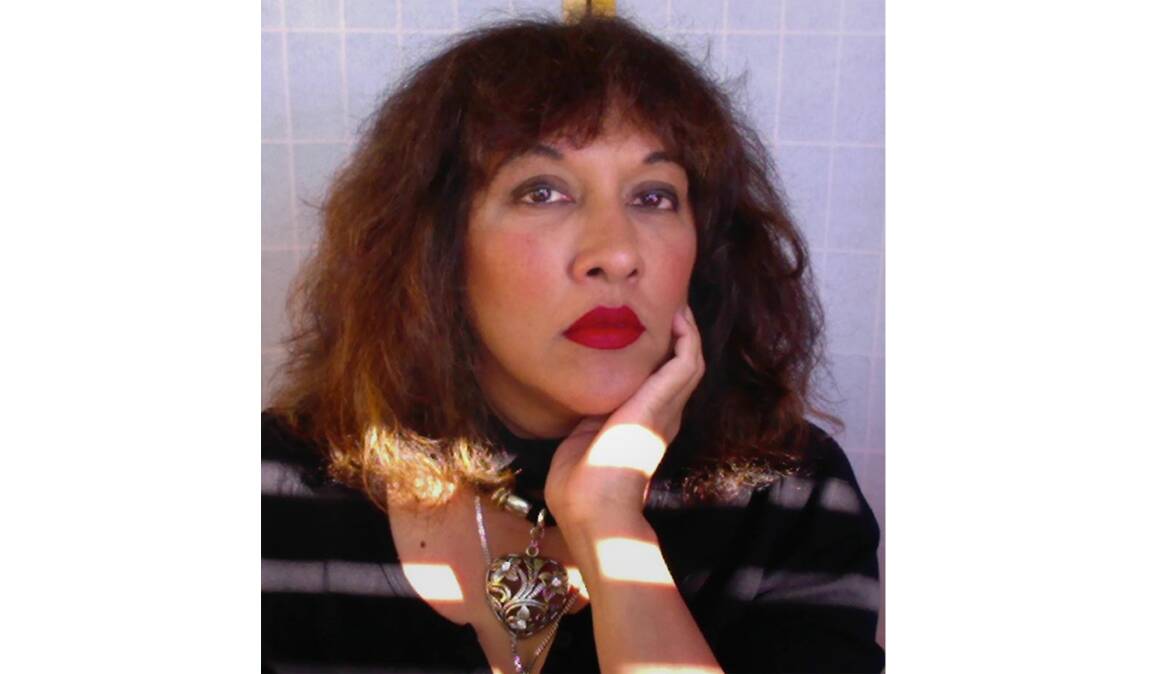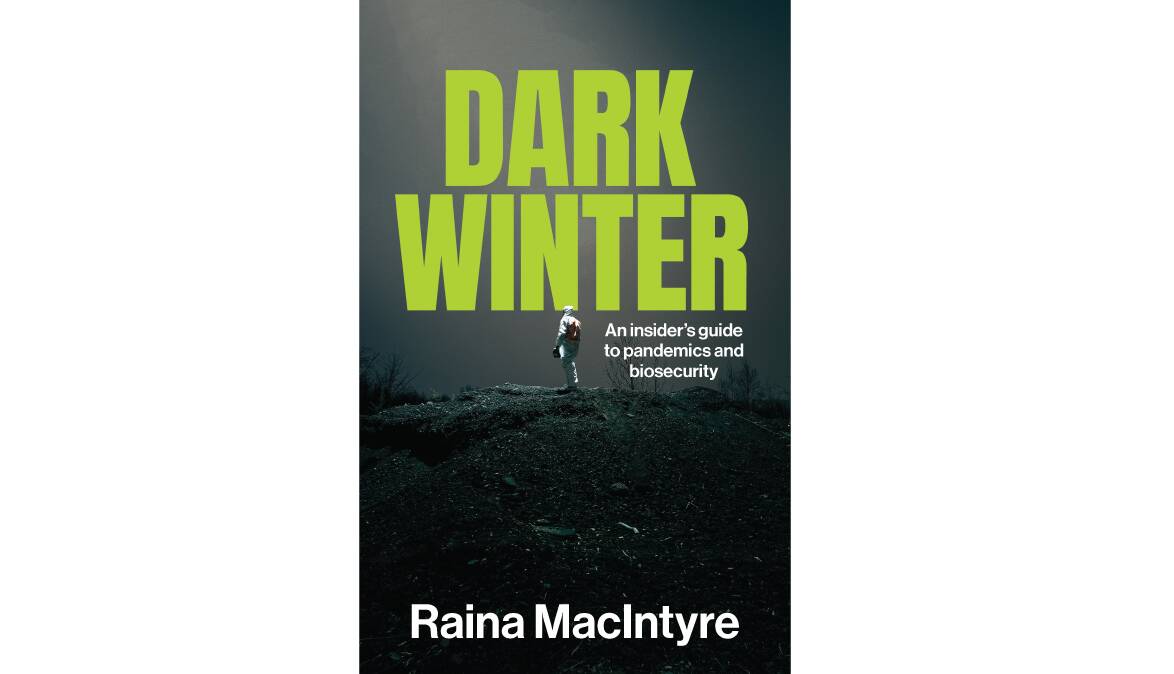
It looked like an open-and-shut public health case: a group of more than 700 people in 1984 became sick in an Oregon city after eating at a series of restaurants with salad bars.
The restaurants were closed and people stopped getting sick. The United States' Centers for Disease Control and Prevention found unsanitary food handling had caused the outbreak.
A local politician, the Democratic congressman James Weaver, was shouted down for being a conspiracy theorist after he declared publicly the outbreak was the result of a planned attack by cult members who were operating locally.
Not even an admission from the cult leader six months later was believed. A later raid on the cult's ranch found vials of the precise, and rare, salmonella strain used to poison the salad bars.
This was no natural outbreak.
Raina MacIntyre, a professor of global biosecurity at the University of NSW and a leading expert on epidemic response, infectious diseases and bioterrorism, says the story of the Rajneeshee bioterror attack highlights the importance of following every line of enquiry.
"I just love that example and I teach it in the courses I teach because there was no government involvement. There was no lab leak. And yet it was covered up. Why? Was it just to save face for the CDC, because they missed it? Why was it covered up?" MacIntyre says.
"That just illustrates just how diabolical the situation is about identifying and accepting unnatural epidemics do occur when there wasn't even a reason to cover it up."

MacIntyre's new book, Dark Winter, published three years into a pandemic, makes the case for asking all the questions about the origins of epidemics, and not ruling things in or out too early. It sets out why it is still impossible to rule out a man-made cause for COVID-19.
"Let me put a question to you: if you lost someone you loved dearly to COVID, would you want to know if it was man-made and preventable?" MacIntyre says of the importance of properly investigating the pandemic's origin.
"If any epidemic is as a result of a lab leak or human error, you'd want to know because you want to reduce the chance of that kind of error happening again."
Dark Winter outlines examples where the scientific community has pushed back against unnatural origin theories for other outbreaks, including a 1979 anthrax leak in the Soviet Union that scientists from the United States were all too quick to agree was a natural outbreak.
"COVID has had such catastrophic impacts around the world that if it did come out that there was a human error and a lab leak, then it's going to have consequences for practices of virology globally, everywhere, forever," MacIntyre says.
"Scientists value their freedom and don't want that kind of regulation and oversight."
MacIntyre says medical science alone will not be able to determine the true origin of the SARS-CoV-2 virus, which has caused the COVID-19 pandemic. Her book doesn't make a conclusion on the virus' origin, but argues the public and scientists need to be able to ask the question and be provided with the best available information.
"All science has uncertainty in it and the question of the origins of SARS-CoV-2 is uncertain. And anybody who presents themselves with certainty and says, 'It is this' or 'It is this, definitely, and no-one should be saying anything else and no-one should be asking questions', you've got to really question their credibility," she says.
"Anyone who is a halfway honest and decent scientist will say, 'There's uncertainty; we can explore all options through these methods and look at what evidence there is for different scenarios.'
"And the evidence is not just genetic evidence. That's the other mistake made in a very medical centric view. If you take more of an intelligence perspective, there's lots of different lines of evidence - including satellite intelligence, mobile phone signals, epidemiologic evidence."
MacIntyre writes she saw "many red flags about the origins of the COVID-19 virus" but stayed quiet after seeing how "viciously others were being attacked".

MacIntyre, who became one of Australia's leading expert commentators on the COVID-19 response and situation, says stronger collaboration is required to improve the way the nation responds to pandemics and emerging infectious diseases.
"If it was up to me, I'd mandate that public health people spent some of their training in an intelligence agency or a law enforcement agency, and vice versa, so you get that cross-disciplinary skilling and learning to walk in someone else's shoes and seeing things from another perspective, from the time you are a trainee," she says.
And nor is a centre for disease control and prevention, built on the United States' model, the only answer to responding to COVID and other diseases into the future.
"I think a CDC doesn't guarantee a good response. You only have to look at the United States, which has the best CDC in the world and the best technical expertise in the world, and they really botched up multiple aspects of the pandemic response from woe to go - and they're still botching it up," MacIntyre says.
"What we actually need is boots on the ground: operational response capacity at a federal level in the same way the US CDC has. But there's a lot of different pieces that have to come together, and it's good the government is consulting widely and considering this very carefully and taking their time over it."
MacIntyre says the "It's over" narrative now attached to the COVID-19 pandemic is counterproductive, and people need to be equipped with good information so they can protect themselves against multiple infections of a disease which has the potential to cause significant harm.
"I think in Australia one thing we do have on our side, is we've got a culture that's quite civic-minded and leaning more towards public good than individualism. We've got quite a unique culture," she says.
But MacIntyre says Australia's response to the pandemic is still in a period of denial, likening the process to the five stages of grief set out by Swiss-American psychiatrist Elisabeth Kubler Ross. In this analogy, there's still four stages to go.
"Eventually there's acceptance, and I think the acceptance will come when the burden of disease from long COVID is so great that it's affecting our economy, our workforce, every aspect of our functioning as a society, where we're absolutely forced to do something about it," MacIntyre says.
"Then we'll see more investment in things like safe indoor air ... we'll see all those layered projections becoming more important and becoming more widely adopted.
"But it could take five years or longer to see that kind of change."
- Dark Winter by Raina MacIntyre was published by NewSouth on November 1.
-
Raina MacIntyre will be in conversation with Russell Gruen in a free ANU/Canberra Times Meet The Author event on Monday, November 14 at 6pm. Bookings here.
Looking for more reads and recommendations? Browse our books write-ups and reviews.







